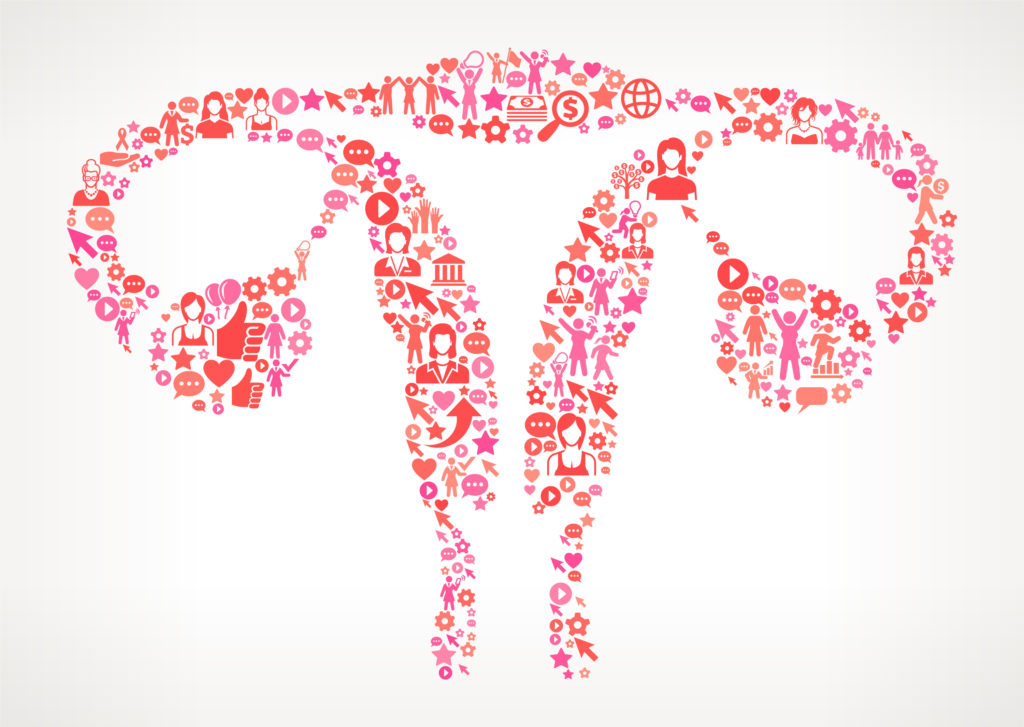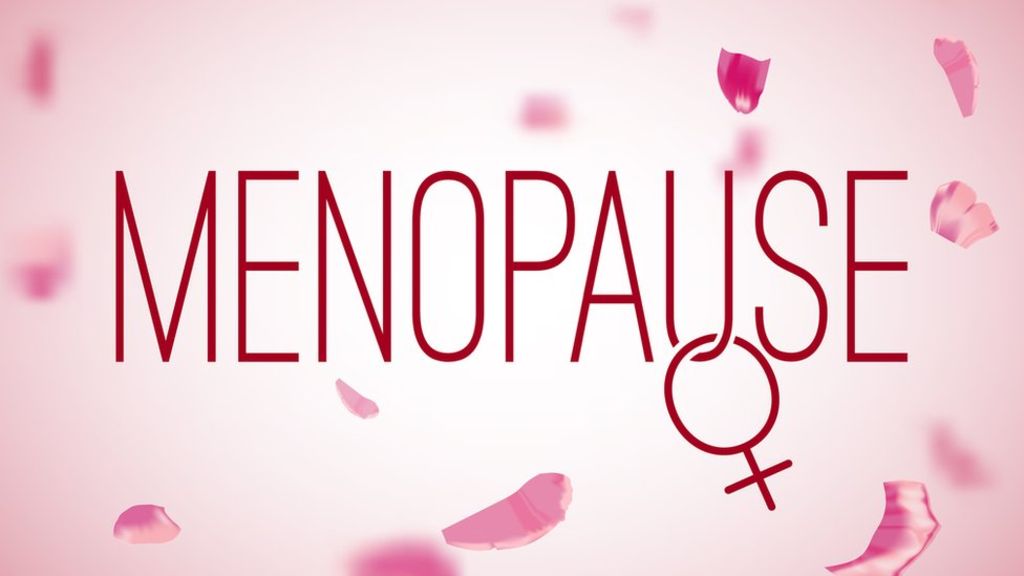Menopause is a difficult period in a woman’s life. How to deal with physical and psychological discomfort, how to prevent osteoporosis, weight loss, hair loss, and discomfort during sex are issues that concern many women.
The change is the end of reproductive age, but not life itself. It still can be active, creative, healthy, and sex can be pleasant. The main thing is to take timely measures to control the changes that have begun. So how to relieve perimenopause? First, you need to figure out why menopause occurs.
What happens during perimenopause
In women of childbearing age, the menstrual cycle is constant. In this case, the ovaries produce hormones: estrogens, progesterone, and testosterone. Each woman has her own way, but sooner or later a transition period begins – perimenopause and then menopause. What is perimenopause? This is the phenomenon when menstruation and egg maturation gradually stops due to the cessation of estrogen production. Without estrogen, the female body begins to change and the unpleasant symptoms begin to manifest themselves.
Perimenopause Symptoms
The onset of menopause is stated when the last menstruation was 12 months ago. Its predecessor is perimenopause.
Its symptoms are:
- hot flashes;
- chills;
- sweating at night;
- vaginal dryness and pain during sex;
- the need for frequent urination or urinary incontinence;
- irritability;
- impaired night sleep;
- mood swings;
- dry mucous membranes;
- swelling and pain in the mammary glands;
- premenstrual syndrome may worsen, and the intensity of menstruation may change.
Headaches, tachycardia, pain in the joints and muscles are also frequent manifestations of the onset of the beginning of the climacteric changes.
How long does perimenopause last? The transitional period can last up to 5-6 years.

Perimenopause treatment
Hormone therapy helps in the case of vasomotor symptoms (mood swings, vaginal dystrophy, and dryness). It has its advantages and risks: the risk of thrombosis, stroke, and breast cancer. The risk of osteoporosis is significantly reduced due to power load and, again, hormonal therapy.
Like an option, a woman may be prescribed natural remedies for perimenopause.
Women can take advantage of the following perimenopause treatment of natural herbs.
- Licorice;
- Common hops;
- Salvia officinalis;
- Black currant leaves;
- Stinging nettle leaves;
- Air marsh;
- Yarrow grass;
- Linden flowers.
Hop has an estrogenic, calming effect, with other sedative herbs (mint, valerian, motherwort) is effective for problems with falling asleep during perimenopause, frequent waking up, and a feeling of impaired night sleep.
Sage reduces prolactin levels with early menopause, is used for mastopathy and painful swelling of the mammary glands at the end of the menstrual cycle, eliminating existing flushes.
A leaf of blackcurrant perimenopause supplements refers to herbs that strengthen the adrenal cortex and medulla with frequent stress, smoking, fatigue, refers to lymphatic drainage herbs, and is also used for mastopathy.
Stinging nettle and yarrow are used for abundant menstruation, existing uterine myoma and/or endometrial hyperplasia, inflammation of the appendages.
Linden flowers soothe, improve the state of the nervous system, this is an antihypoxant plant, one of the effective perimenopause treatments for hot flashes.
Field yarrow supports egg maturation.






More Stories
Optimizing Muscle Mass: Testosterone Boosters for Mature Men’s Muscle Health
Reishi Mushroom: Nature’s Sacred Healer
Nature’s Support: Kratom for Managing ADHD Challenges